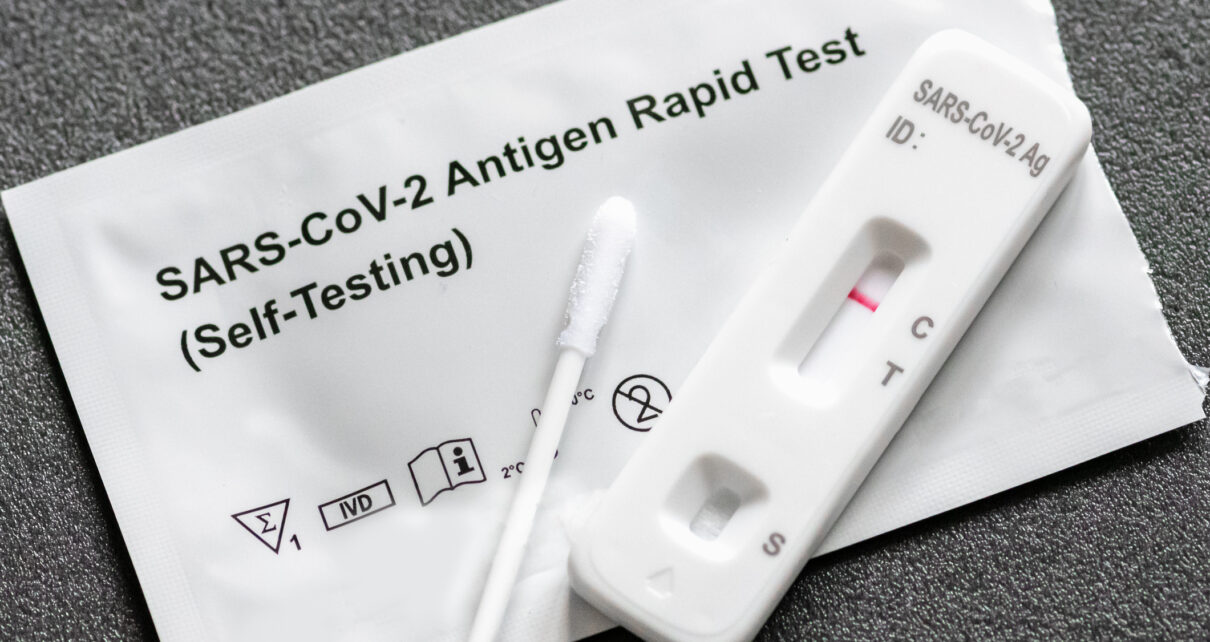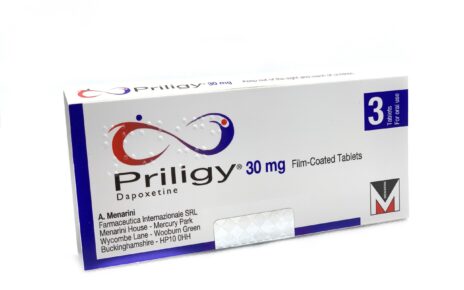The COVID-19 pandemic has emphasized the critical role of testing in controlling the spread of the virus. As the scientific community struggles with evolving variants and emerging challenges, various testing methods have been developed to diagnose and monitor the infection. You may find it hard to navigate through the different options, so it is crucial to understand the COVID-19 test types to make an educated decision when the time comes to get tested.
Two major categories of Covid-19 test
- Viral tests detect active infection, meaning they identify the presence of the SARS-CoV-2 virus itself.
- Antibody tests reveal past exposure to the virus by checking for immune proteins (antibodies) your body develops in response.
-
Viral tests
Molecular Tests (PCR and NAATs):
- The Standard: These tests detect the virus’s genetic material (RNA) using complex techniques like Polymerase Chain Reaction (PCR).
- Method: Usually nasopharyngeal or mid-turbinate swabs, sometimes saliva samples.
- Turnaround Time: Generally longer (1-3 days) due to lab processing.
- Accuracy: While highly accurate, PCR tests have limitations. Contamination during sample collection or processing can lead to false positives, and the test’s sensitivity can vary depending on factors like viral load and timing of infection.
NAAT (Nucleic Acid Amplification Test) is the latest technology that uses PCR principles but might employ different amplification methods.
Jant Pharmacal Corporation supplies Molecular COVI-19 Test devices suitable for implementation in emergency clinics, physician’s offices, POC facilities, and pharmacies. They even offer consultancy services to improve the laboratory’s capabilities and performance.
-
Antigen Tests (Rapid Tests):
- Speedy results: It delivers results in minutes, often at home, so is convenient for quick checks.
- Method: Nasal swabs or oral fluid samples.
- Turnaround Time: Fast (within 15-30 minutes).
- Accuracy: Very accurate for positive results, but less reliable for negatives (false negatives possible).
Choosing the right viral test:
- Symptoms: PCR tests are highly sensitive, making them suitable for confirming active COVID-19 infections, especially in cases where precision is vital for clinical decisions or when you have symptoms and need an accurate diagnosis.
- Exposure Risk: If recent exposure to COVID-19 is suspected, a PCR test is more suitable. PCR tests can identify the virus in its early phases, even before the symptoms occur. This makes them effective for confirming infections during the initial days of exposure when viral loads may be lower. While antigen tests offer rapid results, their sensitivity may be compromised in the early stages of infection. Therefore, for accurate and reliable detection of recent exposure, especially in asymptomatic individuals, opting for a PCR test provides a more robust and comprehensive approach to diagnosis.
- Convenience: If speedy results are crucial, prioritize antigen tests, but be aware of potential limitations.
Antibody Tests: Exposes past encounters
Antibody tests don’t diagnose active infection. Instead, they indicate past exposure, showing if you have developed antibodies against the virus, potentially from a previous infection or vaccination.
- Types: Different tests (enzyme-linked immunosorbent assay, rapid finger prick tests) offer wavering levels of accuracy and detection times.
- Purpose: It’s primarily used for research, understanding immunity levels in populations, and assessing potential past infections.
Remember:
Consult your healthcare provider: Discuss your individual situation and risk factors to determine the most appropriate test.
Follow testing guidelines: Adhere to testing instructions and isolate if your results are positive.
Stay informed: Testing protocols and recommendations evolve, so keep updated with official information sources.
Understanding the different types of COVID-19 tests and their nuances allows you to make informed decisions to protect yourself and your loved ones. Remember, testing remains a cornerstone in our fight against the pandemic, and responsible testing empowers us all.





